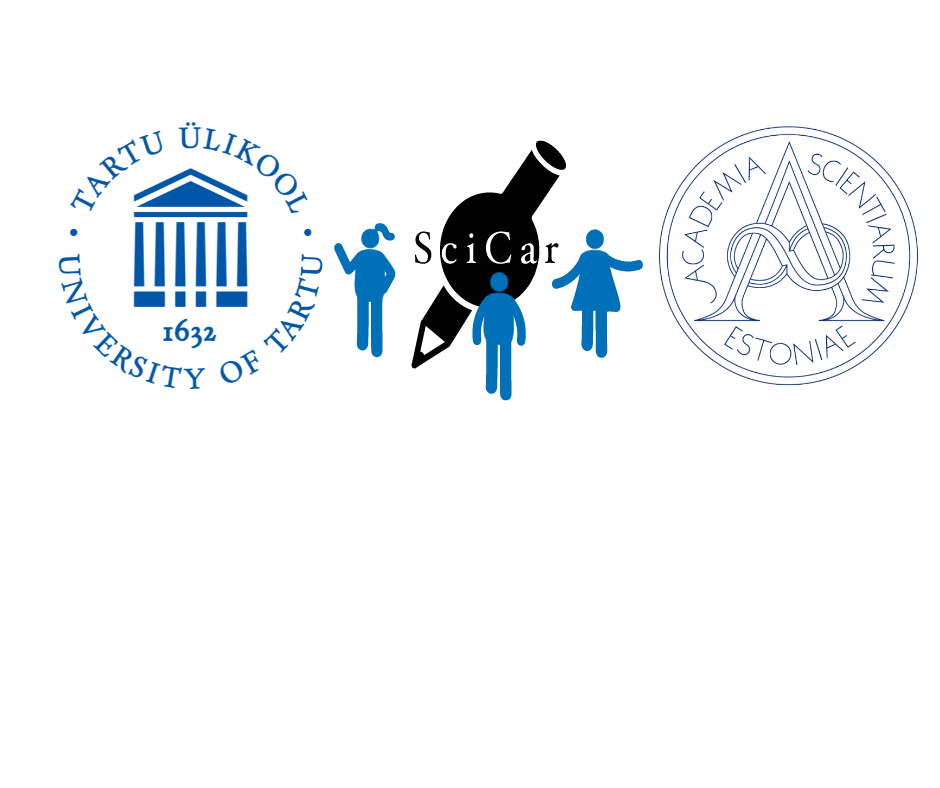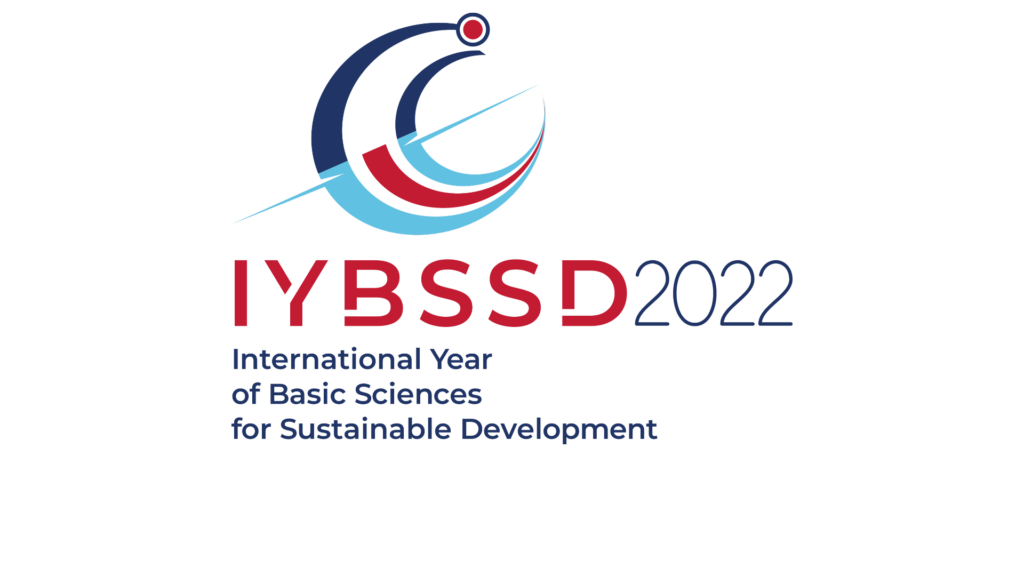International expert seminar „Evidence of the Impact of Science Education in Attracting Young People Towards Science Studies and Science-related Careers“, September 29, 2022
Venue: Estonian Academy of Sciences (Kohtu 6, Tallinn, Estonia)
Photos (by Krista Tamm), Conference video (full conference)
Focus of the seminar
Europe seeks to become a smart, sustainable and inclusive economy, good education and training are important to promote sustained economic growth and sustainable development through fuelling research and development and addressing innovation, productivity and competitiveness. In our increasingly scientific and technological world, the science workforce in Europe, is decreasing. Frequently school science curricula are not organised systematically across multiple years of schooling and emphasise discrete facts rather than providing students with engaging opportunities to experience how science is actually undertaken.
The Intended actions assume research excellence can be achieved and maintained only if research is closely integrated with education. By committing to research-based teaching in preparing/empowering new generations of capable, competent educators, current expert seminar pays attention to
- integrate research with teaching,
- improve the quality of science education within international networks.
PROGRAMME
(Programme with abstracts etc.)
| Chair of the Seminar: Prof. Miia Rannikmäe, University of Tartu | |
| 10:00–10:30 | Arrival. Welcome coffee |
| 10:30–11:10 | Opening remarks. Setting the scene and introduction of the programme. Prof. Jaak Järv, (video) Secretary General, Estonian Academy of Sciences Prof. Jakob Kübarsepp, (video) Head of the Committee of Education, Estonian Academy of Sciences Prof. Miia Rannikmäe, (presentation slides, video) University of Tartu, Coordinator of SciCar project |
| 11:10–12:00 | Toward the Renewal of the “Teacher-Scientist Concept” Attributed to Roland Eötvös: Content Pedagogy Research Programme at the Hungarian Academy of Sciences Prof. András Patkós (prof. emeritus), (presentation slides, video) Eötvös Lorand University, Hungary Session Chair: Prof. Miia Rannikmäe, University of Tartu |
| 12:00–12:30 | Discussion in groups Session Chair: Assoc. Prof Regina Soobard, (presentation slides, video)University of Tartu |
| 12:30–13:15 | Lunch |
| 13:15–13:45 | Feedback from group discussions |
| 13:45–14:30 | What are Climate Change Competencies? Views from a climate expert. Marianne Santala, (presentation slides, video) University of Helsinki, Finland Session Chair: Assoc. Prof. Anne Laius, University of Tartu |
| 14:30–15:15 | Introducing Contemporary Research Topics into School Science Programmes: Impact on Students’ Motivation to Become Scientists Prof. Ron Blonder, (presentation slides, video), Weizmann Institute of Science, Israel Session Chair: Dr. Rachel Mamlock-Naaman, Weizmann Institute of Science, Israel |
| 15:15–16:00 | Panel discussion: Which competences are essential for a career in the private sector and in industry – expectation of the input from school science education (presentation by Jari Lavonen, video) Panelists: Prof. András Patkós, Prof. Ron Blonder, Dr. Katrin Vaino, Dr. Helin Semilarski Chair: Prof. Jari Lavonen, University of Helsinki |
| 16:00–16:30 | Concluding remarks. SciCar vision. Prof. Miia Rannikmäe, Prof. Jari Lavonen, Dr. Rachel Mamlock-Naamann (video) |
| 16:30–17:00 | Reception |

